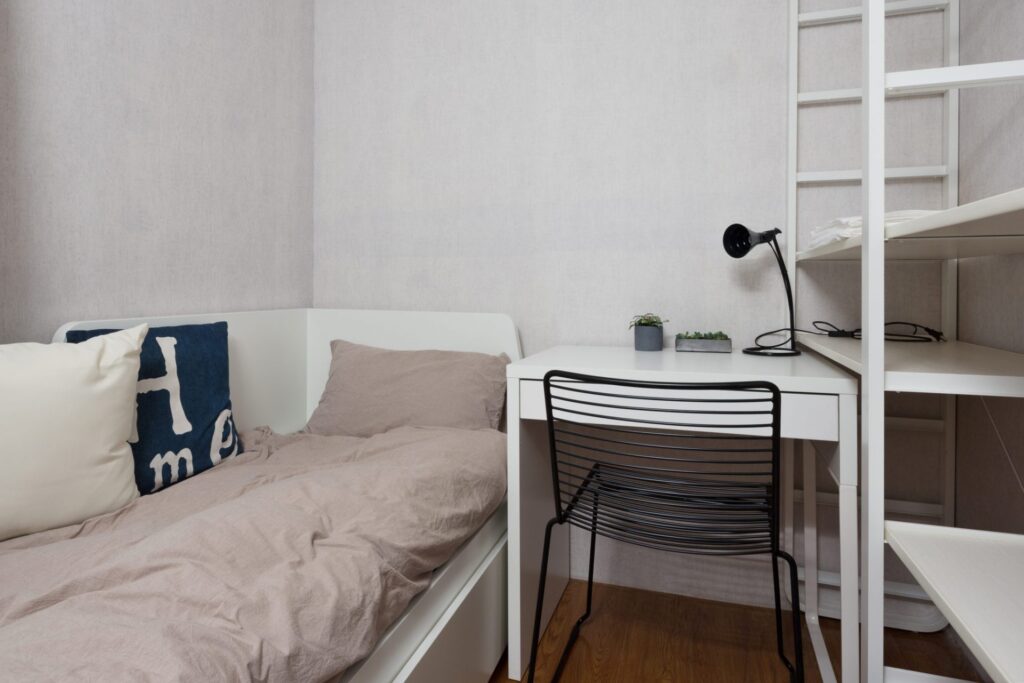Over the course of your daily life, the rights guaranteed to you by the Fourth Amendment are constantly helping you. Were it not for your rights to be free from unreasonable searches and seizures, you could never rest assured that police and other law enforcement officers would not barge into your house or detain you on the street for a pat-down.
However, the Fourth Amendment does not prevent police from searching for evidence of a crime in all situations. Instead, it only covers “persons, houses, papers, and effects.” This raises an interesting issue that is especially for college students and high schoolers who are on their way to college – is a dorm room considered a “house” and therefore covered by the Fourth Amendment’s protections?
The answer is yes, but with one important caveat.
The Fourth Amendment and Dorm Rooms
The very text of the Fourth Amendment extends its protections to your house. However, not everyone owns a house. Many people live in different situations, from renters to boarders to guests to students in a dorm room. This is why the protections of the Fourth Amendment have been extended beyond just the “house” – courts have focused less on whether you own the house involved and more on whether it’s reasonable for you to expect to private there.
As a result, the Supreme Court of the United States has extended the Fourth Amendment’s protections against unreasonable searches and seizures to people who are in hotel rooms and to people who live in a boarding house.
The Supreme Court, however, has never had to deal with dorm rooms, particularly, and so have not laid the matter to rest, just yet. However, these other cases give a pretty strong suggestion that dorm rooms would be covered by the Fourth Amendment, as well. After all, if people have a reasonable expectation of privacy in a hotel room where the cleaning service comes and goes, they should most definitely have one in a room where they spend an entire semester living, even if it is shared with a roommate.
This feeling has been felt by several state courts, too. Washington, Massachusetts, and New Hampshire have all decided that the Fourth Amendment’s protections extend to dorm rooms, and even the Fifth Circuit, the federal appeals court that handles Texas, Louisiana, and Mississippi, has agreed.
Privacy in a Dorm Room in Maine
However, because Maine has not yet extended the Fourth Amendment to dorm rooms, the issue remains unsettled in our state. Until Maine or a binding court – in our case, either the Supreme Court of the United States or the First Circuit – makes a decision, students at the University of Maine or other campuses in the state will remain uncertain.
Maine Criminal Defense Attorney William T. Bly
William T. Bly is a criminal defense attorney who serves clients in the state of Maine. If you’ve been arrested and charged with a crime in our state, contact him online or call his law office at (207) 571-8146 for the defense you need.


